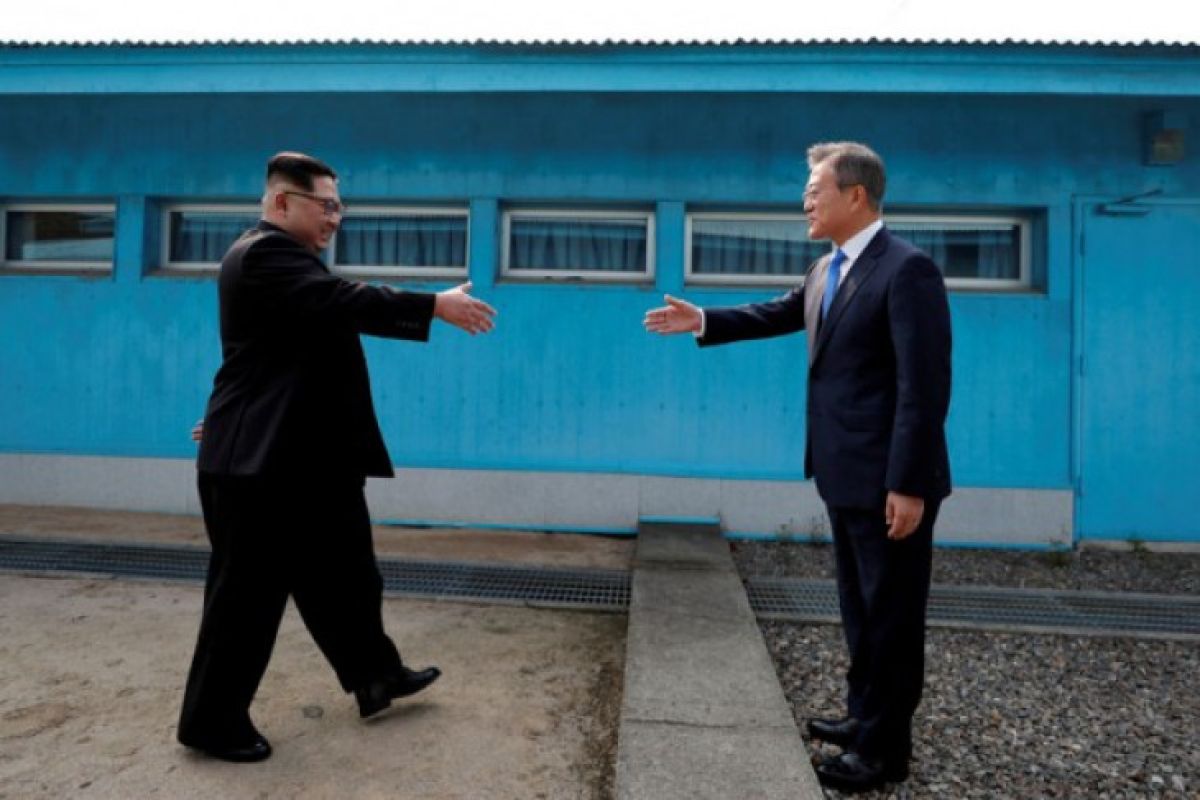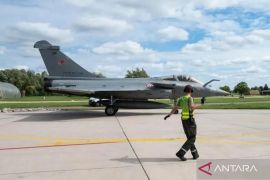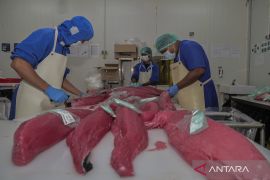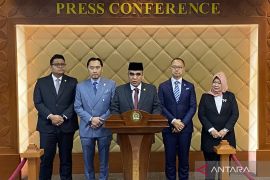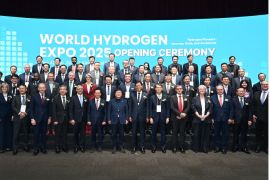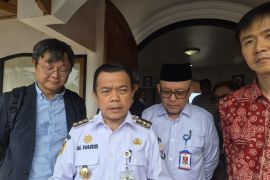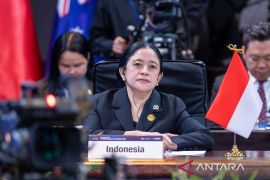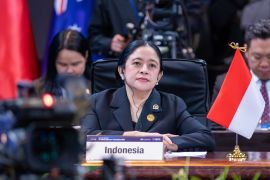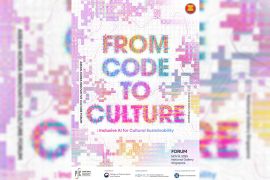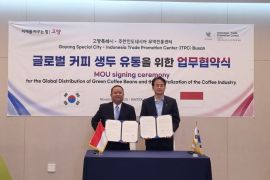The international press needs to guard the agenda by, among others, relinquishing the combative lens while looking at the conflict on the Korean Peninsula, member of the ethical council of the Indonesian Journalists Association (PWI) Teguh Santosa said while addressing the World Journalists Conference 2019 held in Seoul, South Korea, on Monday.
“Reunification is the constitutional task of North Korea and South Korea. In the past, particularly after the end of the Cold War, their leaders held a series of dialogues to that effect,” he said, referring to a meeting between North Korean leader Kim Jong Il and South Korean President Moon Jae-in in Pyongyang in 2000.
At the meeting, the two leaders agreed that the reunification of the two Koreas was the collective task of the Korean nation that must be carried out in a cordial and brotherly manner. The question of how the unification and reunification process would be is up to the dialogue between the two countries without the interference of other parties, he said.
According to Teguh, who has visited Pyongyang and Seoul several times, the peace process between the two countries has often been disrupted by third parties that were worried about a change in the political landscape that may endanger their geostrategic position and economic interests.
The fact that Moon Jaein and Kim Jong Un met three times last year suggested significant progress in the inter-Korea dialogues, he said.
In addition, Kim Jong Un has also met US President Donald Trump twice in Singapore last year and Vietnam late last month, he said.
“Although they failed to reach a written agreement during the second meeting, I think the meeting in Hanoi provided a relatively satisfactory result. In a study of conflict, any peace agreement needs essential elements, including patience. I am optimistic about the result of the peace dialogues,” the lecturer of East Asia Issues at Syarif Hidayatullah Islamic State University (UIN) in Jakarta said.
Sometimes journalists are often not aware of how to use the combative lens while looking at the conflict, as if all conflicts must end in dramatic clashes, he said.
“I think we need to look at any issue from a more positive and constructive prospective,” he said.
The first such conference was held in 2013. It now becomes the largest forum of journalists from various countries. This year, the conference was held after the US-North Korea Summit in February, which ended without the signing of an agreement between the two leaders.
The conference was organized by the Journalists Association of Korea (JAK) and attended by participants from some 50 countries. The speakers of the conference were Deputy Executive Director of SMG News Center in Hong Kong Zhu Xiaoqian, journalist of Die Welt daily in Germany Teresa Pfuetzner, JAK Vice President Woosuk Kenneth Choi, and President of the National Society of Professional Journalists of the United States Janet Marie Tarquinio
Reporter: Suharto
Editor: Gusti Nur Cahya Aryani
Copyright © ANTARA 2019
